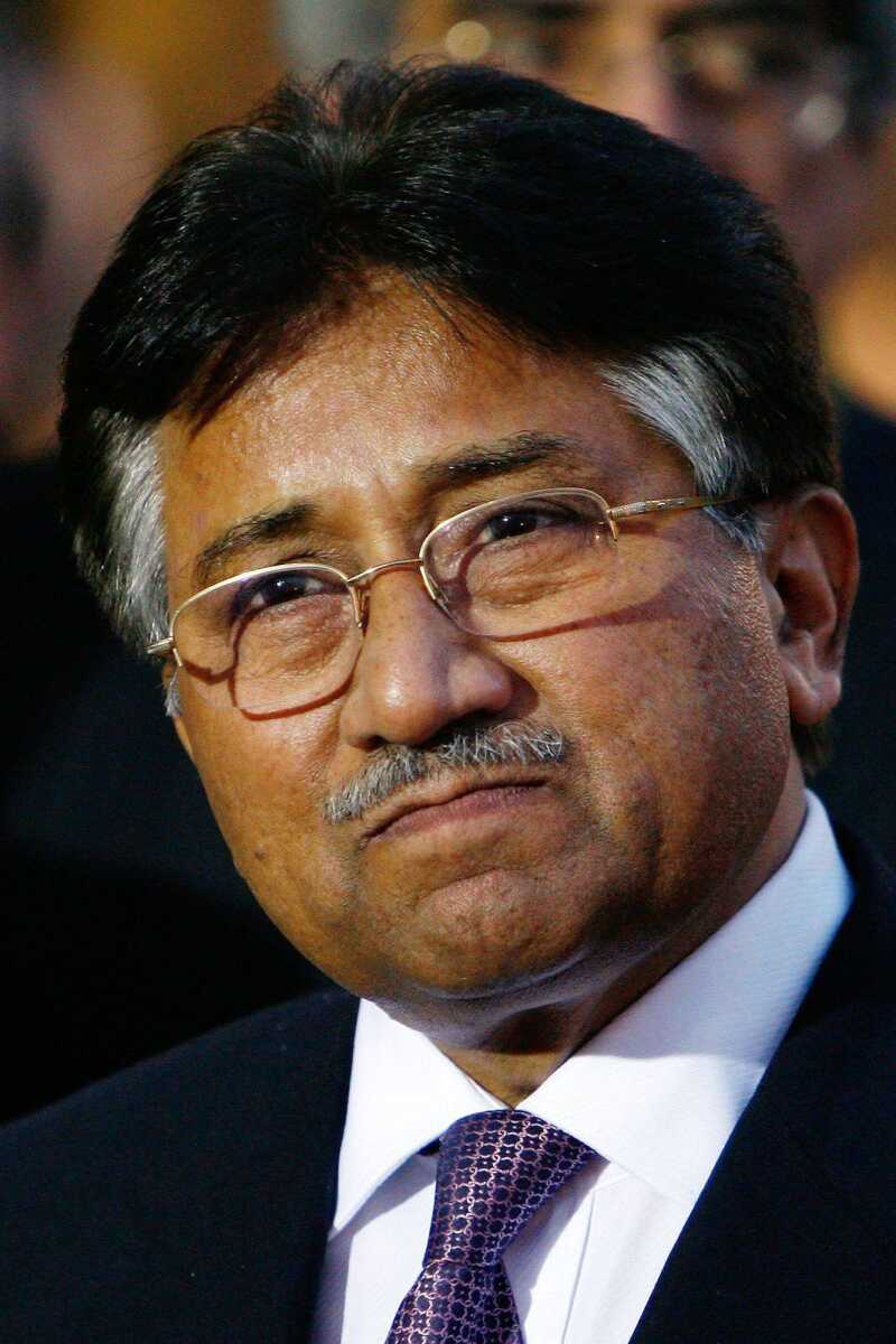Musharraf: Fighting Taliban more important than hunting al-Qaida
PARIS -- Pervez Musharraf said he still gets the question a lot: When will Osama bin Laden and his top deputy be caught? The Pakistani president insists it's more important for his 100,000 troops on the Afghan border to root out the Taliban than search for al-Qaida leaders...
PARIS -- Pervez Musharraf said he still gets the question a lot: When will Osama bin Laden and his top deputy be caught? The Pakistani president insists it's more important for his 100,000 troops on the Afghan border to root out the Taliban than search for al-Qaida leaders.
That bin Laden and Ayman al-Zawahri are still at large "doesn't mean much," the former general said Tuesday on the second day of a swing through Europe. He suggested they are far less a threat to his regime than Taliban-linked militants entrenched in Pakistan's west.
Bin Laden and al-Zawahri are believed to be hiding somewhere in the lawless tribal areas along Afghanistan's frontier with Pakistan.
"The 100,000 troops that we are using ... are not going around trying to locate Osama bin Laden and Zawahri, frankly," Musharraf told a conference at the French Institute for International Relations. "They are operating against terrorists, and in the process, if we get them, we will deal with them certainly."
A U.S. ally in its war on extremist groups, Musharraf has come under increasing pressure following the assassination of opposition leader Benazir Bhutto last month and for his brief declaration of emergency rule in early November.
Musharraf, who as commander of Pakistan's military seized power in a bloodless coup in 1999, said the remnants of Afghanistan's former Taliban regime and its Pakistani sympathizers are the "more serious issue" for both countries.
But he said there was "zero percent chance" that al-Qaida, the Taliban and their Pakistani allies could defeat his 500,000-strong army or that Islamic militants could win control of the government in Feb. 18 parliamentary elections.
As part of the "multi-pronged strategy" against terrorists, Pakistan has erected fences "selectively" and set up 1,000 checkpoints along the Afghan border in an effort to stop militants from using the areas to launch attacks inside the neighboring nation, he said.
Musharraf credited cooperation between Pakistani intelligence services and the CIA, both of whom believe that Pakistani militant leader Baitullah Mehsud was the mastermind of the Dec. 27 gun and suicide bomb attack that killed Bhutto.
But in Washington, the State Department's counterterrorism chief, Dell Dailey, said the Bush administration was displeased with "gaps in intelligence" received from Pakistan about the activities of extremist groups in the tribal regions.
"We don't have enough information about what's going on there. Not on al-Qaida. Not on foreign fighters. Not on the Taliban," he said.
Connect with the Southeast Missourian Newsroom:
For corrections to this story or other insights for the editor, click here. To submit a letter to the editor, click here. To learn about the Southeast Missourian’s AI Policy, click here.








